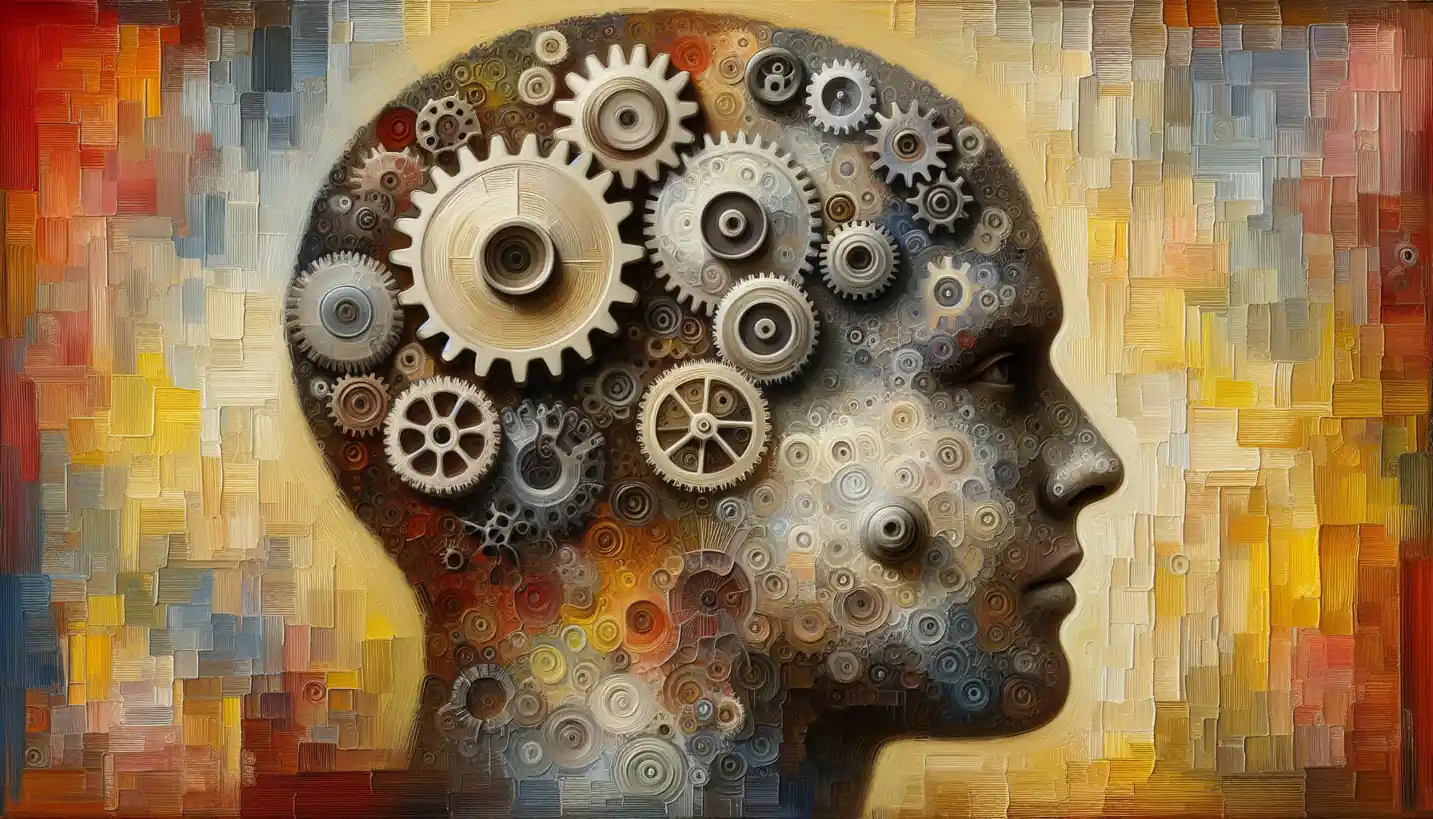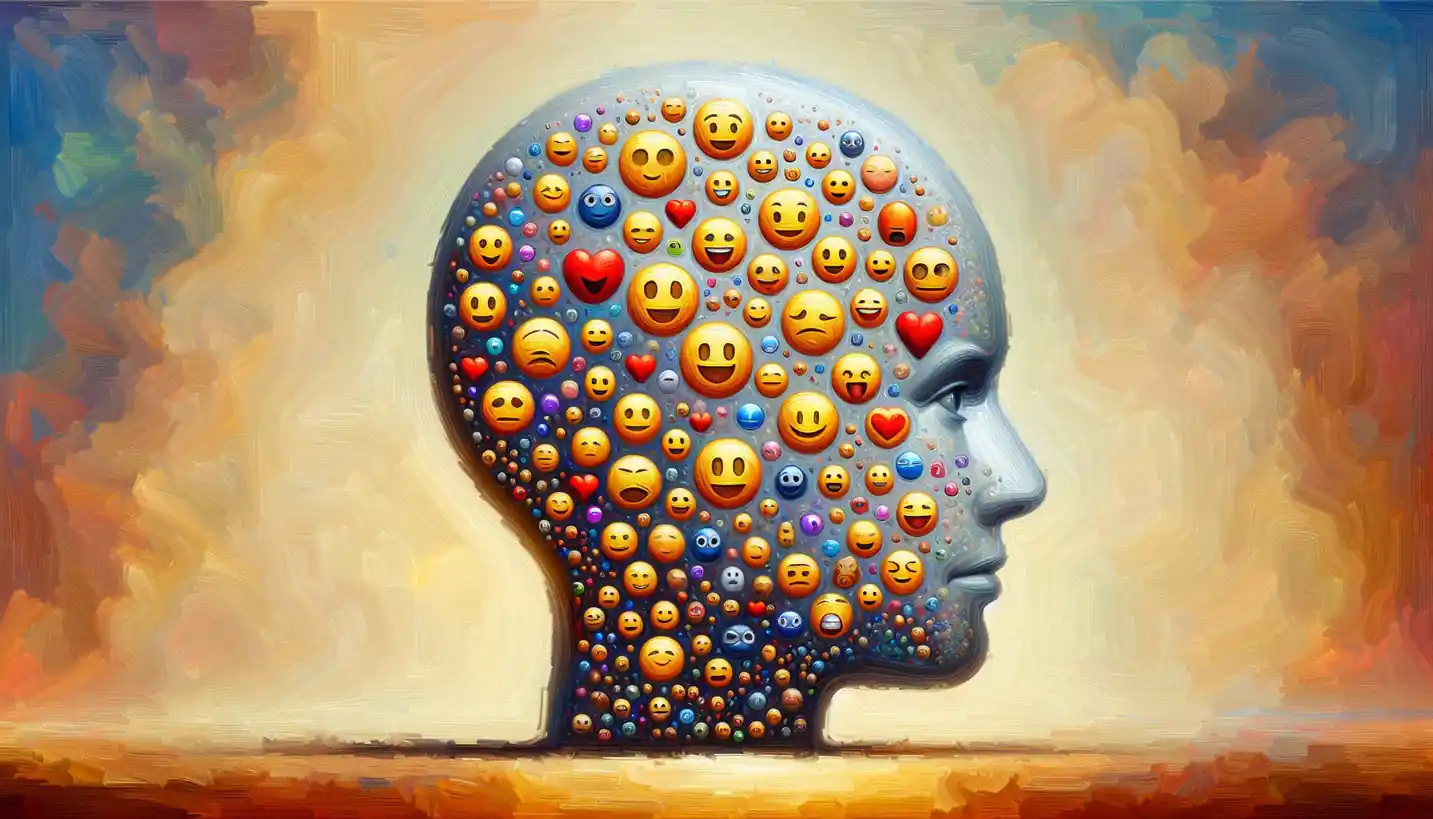· Psychology · 5 min read
Informational Social Influence: Understanding the Psychology Behind Our Decisions
Informational social influence makes us look to others for cues on how to behave, particularly when uncertain. Discover how this can lead to collective decision-making.

In an everyday situation, have you ever found yourself looking around to see what others are doing before making a choice? That’s when informational social influence comes into play. It’s like when you’re at a fancy restaurant and everyone’s picking up their forks in a certain way, so you do the same. But why do we do this?
Informational social influence is a concept from social psychology that helps explain how and why we often look to others to guide our decisions and behaviors, especially when we’re uncertain.
Why Do We Rely on Informational Social Influence?
Humans are naturally social creatures. From childhood, we learn by observing others. Think about learning to tie your shoes; watching someone else do it helps us figure out the steps. As adults, this behavior translates into more complex situations. When faced with uncertainty, we turn to our peers to provide us with clues about what might be the right thing to do.
This type of influence becomes particularly strong in situations where the correct answer is unclear. Imagine attending your first day at a new job. You’re unsure about the office culture and norms, so you’re likely to observe your colleagues closely to understand how things work. This reliance on others helps us feel like we’re making informed decisions.
Real-Life Examples of Informational Social Influence
Think about a time you bought a product online. You probably checked the reviews, right? Those star ratings and customer comments are snippets of information from people who have already experienced what you’re considering. By trusting their opinions, you’re letting their experiences guide your decision.
Another everyday example is the weather. Suppose you travel to a new city without checking the weather forecast. You might look at what locals are wearing to decide if you need a jacket. This is informational social influence in action.
The Psychology Behind It
This tendency is backed by psychology. Our brains are wired to seek information. In situations where an answer isn’t immediately obvious, our social brains prompt us to look around and gather data from our environments and the people in them.
Cognitive psychology suggests that our need for accuracy drives us to rely on informational social influence. When we want to be correct, we assume others possess the knowledge we lack, especially if they appear to have more experience or expertise.
Historical Insights
The concept of informational social influence has been studied extensively over the years. One famous experiment was conducted by psychologist Muzafer Sherif in 1936. His study used the autokinetic effect—an optical illusion where a stationary point of light appears to move in the dark. Participants, when alone, reported varied perceptions of movement. However, when placed in groups, they began aligning their answers with each other, demonstrating the influence of social information.
How It Affects Modern Society
In today’s world, informational social influence is omnipresent, especially with the rise of social media. Platforms like Twitter, Facebook, and Instagram are filled with countless opinions on everything from global news to the latest fashion trends. The sheer volume of shared information can profoundly affect individual decisions.
Consider how news spreads online. When we see many people sharing an article, we might assume it’s credible—without checking the source ourselves. This can shape public opinion and sometimes even lead to viral misinformation.
Positive and Negative Impacts
While informational social influence can guide us toward informed decisions, it also has its downsides. On the positive side, it can help build consensus and spread valuable information quickly, as seen during health campaigns or emergency alerts.
However, it can also lead to groupthink, where individuals suppress their own opinions in favor of the majority—sometimes resulting in flawed decisions. Moreover, the spread of false information is a growing concern, as people often accept and share data without verifying its accuracy.
Encouraging Healthy Influence
Understanding the mechanics of informational social influence empowers us to guard against potential pitfalls. Critical thinking plays a crucial role here. By questioning the validity of the information and considering multiple sources, we can make more balanced choices.
Education systems can also contribute by teaching media literacy from a young age. This way, individuals learn to assess information critically, reducing susceptibility to negative influences.
The Future of Informational Social Influence
As we continue to digitize and globalize, the reach and impact of social influence will likely expand. The internet, with its endless ability to share and receive information, will be the main stage for these interactions.
Future research might explore how algorithms shape informational social influence by selecting what we see online. Understanding these patterns could help minimize negative outcomes, like misinformation, and enhance positive ones, like education and awareness.
Wrapping Up
Informational social influence is a fascinating example of how interconnected human behavior is. As individuals navigating complex social landscapes, understanding this influence enables us to make better decisions and cultivate a more informed society. So next time you’re in a new situation, remember: observing others is a natural part of decision-making, but make sure to engage your critical thinking skills along the way.



